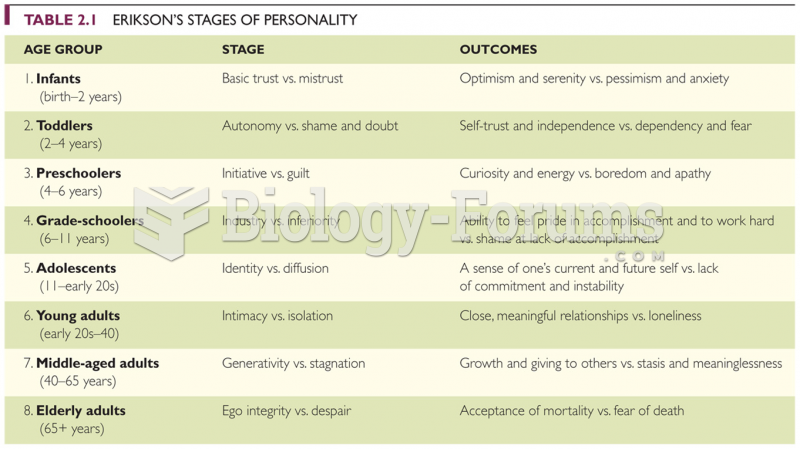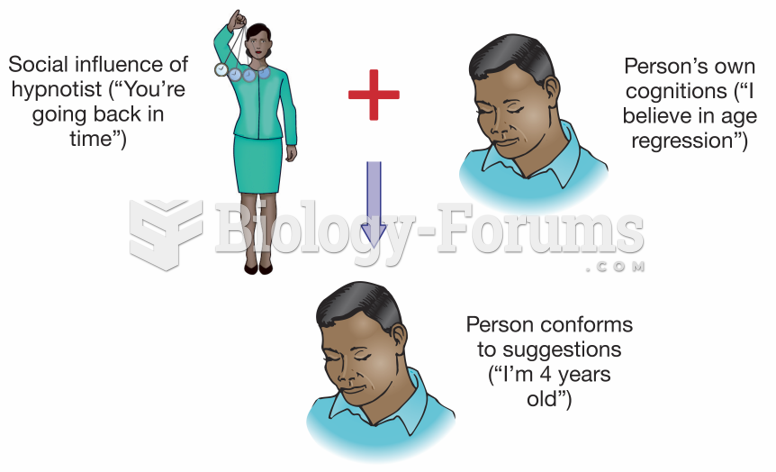Answer to Question 1
Erikson's and Piaget's theories have the following similarities and differences:
a. Psychological issues discussed: Erikson's theory describes how psychosocial forces influence personality development, while Piaget's theory describes how biological and environmental forces influence intellectual development.
b. Section of the life span covered: Erikson's theory covers the entire life span. Like Erikson's, Piaget's theory starts at infancy, but it ends during late adolescence.
c. Dynamic nature of the stages: Erikson's stages are characterized in terms of psychosocial crises that can result in either a positive or negative (healthy or unhealthy) outcome. Piaget's stages lack this dynamic quality and describe the individual's cognitive capacity for reasoning and relating to the environment at particular points in time.
d. Attainability of the most advanced stages: Erikson and Piaget present theoretical ideals, particularly in the later stages, since it is questionable how many individuals actually achieve these states (refer to discussion of Erikson's psychosocial theory, pp. 34-35, and Piaget's theory, pp. 45-46).
Answer to Question 2
According to a social cognitive model proposed by Barry Zimmerman, self-regulated learning skills can be effectively learned through the processes of observation, emulation, self-control, and self-regulation. To begin the process, students must attend to the actions and statements of a model with whom they identify. Then they must have opportunities to exhibit the general form of the behavior and receive feedback. Third, they must learn to exhibit the behavior automatically through self-directed practice. Finally, they must learn to adapt the behavior to different circumstances.







